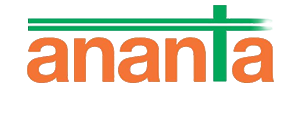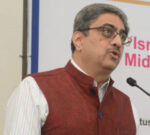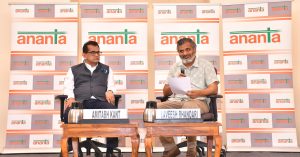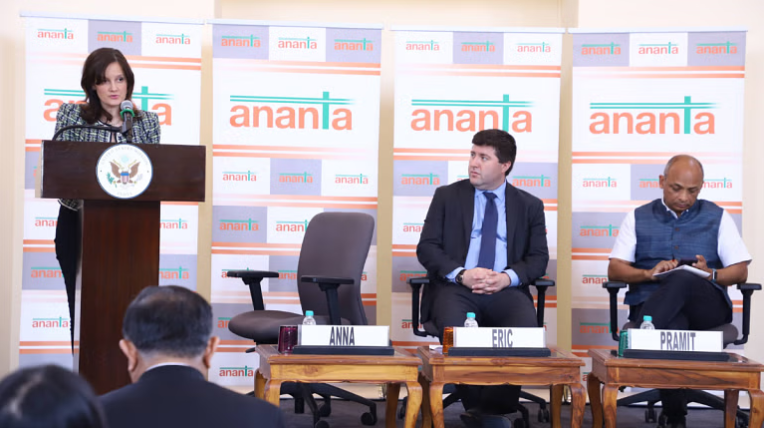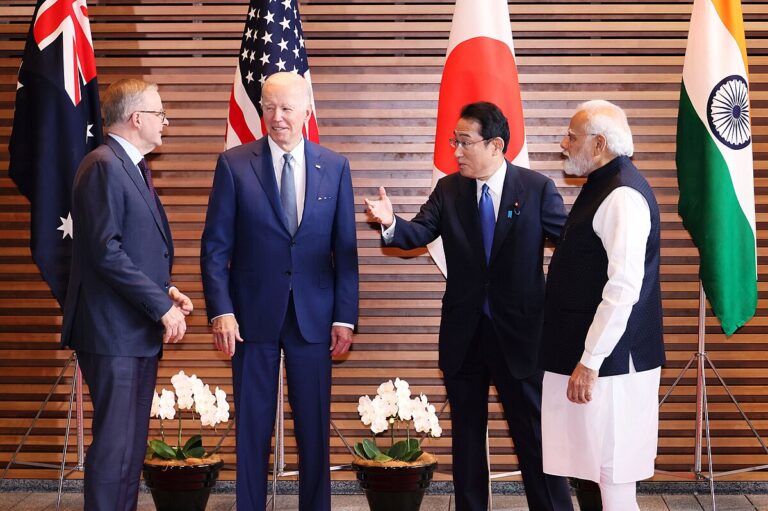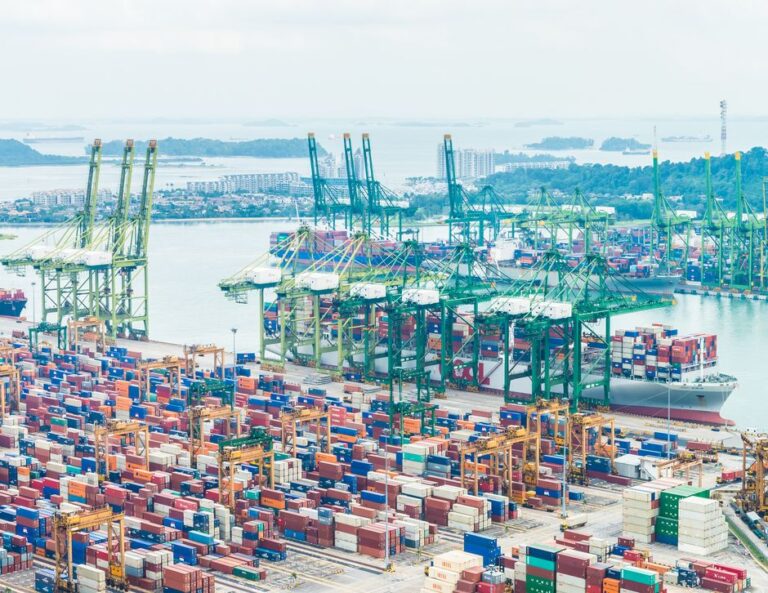I Overview
China:
• The “2 Sessions” to be held soon
• Australia presses the World Health Assembly to undertake an independent investigation into the causes of spread of Covid-19
• Indian and Chinese border patrols cross paths in the Himalayan border region
• Diamer-Bhasha Dam and Power Station construction awarded to a China – Pakistan JV
Japan:
• Japan partially lifts state of emergency announced due to Covid-19
• Japan supports Taiwan’s participation in World Health Assembly
• Japan launches Space Operations Command
• Japan’s GDP shrinks by 3.4% in Q1
South Korea:
• Students will return to school this week
• Covid-19 statistics in South Korea
• India-South Korea FMs hold Virtual Meeting
US-China Trade and Technology War:
• Are the US and China headed for a new Cold War?
II Developments in China
The “2 Sessions” to be held soon
The so-called “2 Sessions”, the name given to the annual meetings of China’s Parliament or the National People’s Congress (NPC) and the advisory body representing minorities and other political parties or the Chinese People’s Political Consultative Conference (CPPCC) will commence from 21 May 2020. These meetings are normally held from the second week of March every year for a 2 week duration but had to be postponed this year due to the Covid-19 pandemic. The CPPCC will commence on 21 May while the NPC will start 22 May. It is not clear whether these meetings of China’s Parliament will be held in Beijing with all members gathering there, or whether in deference to Covid-19 it is to be held online. The duration of the meeting has also not been announced. However, by convening the “2 Sessions” the authorities in China are trying to signal that their fight against Covid-19 has been successful and that life is slowly but steadily returning to normal. China’s “2 Sessions” normally rubber stamp laws and actions of the Communist Party of China without any hesitation or much debate. The main part of this annual convention of the 2 bodies is the Chinese Premier’s Work Report which summarizes the achievements of the previous year and sets out goals for government work in the current year. Incidentally, the NPC meets in plenary just once a year. Through the rest of the year its work is carried on by the Standing Committee of the NPC.
Australia presses the World Health Assembly to undertake an independent investigation into the causes of spread of Covid-19
The World Health Assembly meeting virtually on 18 May 2020 has become the ground for a test of strength between Australia which is pressing the Assembly to authorize an independent investigation in the origins and spread of the Covid-19 virus which is being opposed by China. If approved, the investigation will have to be undertaken by the WHO. Some 100-odd nations have supported the investigation and it looks set to go through. The investigation is not aimed at blaming China but at finding out how the virus spread across the globe and what steps and measures can be taken so that there is no next time for such a contagion. However, China reacted angrily to the suggestion and has hit out at Australia by cutting off some of her exports to China. As is her wont, China has weaponized trade thereby making a mockery of world trade rules and regulations. The World Health Assembly has approved such an independent investigation.
Indian and Chinese border patrols cross paths in the Himalayan border region
News reports have emerged in India of scuffles between Indian and Chinese troops on their Himalayan border during the first week of May both in Sikkim and in Ladakh. Both Governments have downplayed the events. Due to better transportation as well as communication, troops of both countries are able to patrol their mountainous border much more frequently and ambitiously. Add to this, there is no agreed Line of Actual Control (LAC) in these areas. This is how border patrols of the two sides sometimes come face-to-face with each other leading to fisticuffs. However, these close proximity situations do not degenerate into hot situations due to the various agreements between the two countries which lay down Standard Operating Procedures (SOP) for the two armies.
Diamer-Bhasha Dam and Power Station construction awarded to a China – Pakistan JV
The authorities in Pakistan have awarded the contract for the construction of the Diamer – Bhasha Dam and Power Station to a China – Pakistan JV comprising China Power and the Frontier Works Organisation (FWO) which is a commercial entity of the Pak Army. Located in Pak Occupied Kashmir (POK) a sensitive geography subject to frequent earthquakes, the 4500 MW hydroelectric project is worth 442 billion Pak Rupees. India has objected to the project since it violates our territorial integrity. The project is expected to be completed by 2028. It involves construction of a 272 metre high roller compact concrete (RCC) dam.
III Developments in Japan
Japan partially lifts state of emergency announced due to Covid-19
On 16 May 2020 Japan lifted the state of emergency announced earlier due to the Covid-19 disease from 39 prefectures including the opening of restaurants and shopping areas. It was only partially lifted in 13 prefectures which are designated as needing special vigilance. Till date, Japan has had 16,305 infections of Covid-19, 749 deaths and 11,564 persons have recovered from the infection. This is a good record.
Japan supports Taiwan’s participation in World Health Assembly
At the ongoing virtual meeting of the World Health Assembly, Japan called for permission for Taiwan to attend such meetings as an observer especially during the ongoing Covid-19 crisis.
Japan launches Space Operations Command
Japan has inaugurated its Space Operations Command within the Ministry of Defense, aimed at protecting Japanese satellites in outer space. It shall also work with Japan’s space agency JAXA to establish a space surveillance system which is expected to become fully operational in 3 years.
Japan’s GDP shrinks by 3.4% in Q1
Japan’s GDP shrunk by an annualized 3.4% in the January-March quarter of 2020. Since it is the second straight quarter that Japan’s GDP has shrunk, that nation is now formally in recession.
IV Developments in South Korea
Students will return to school this week
High school seniors will return to school this week from 20 May, the first group of students to be doing so. This marks a return to normalcy in South Korea post the Covid-19 crisis. The country’s college entrance examination has been pushed back to 3 December due to the lost time as a result of the pandemic. Reopening of schools will take place in stages for the rest of the students from 20 May to 8 June.
Covid-19 statistics in South Korea
So far the country has seen 11078 infections, 263 deaths from Covid-19. 9938 have recovered. South Korea appears to have handled the pandemic well.
India-South Korea FMs hold Virtual Meeting
Indian EAM Dr S Jaishankar and South Korean FM Kang Kyung-hwa held a virtual meeting on 19 May to discuss how Korean companies in India could help the country out of the Covid induced economic slowdown. They also discussed global issues of interest to both sides. They agreed to hold the next meeting of the India – South Korea Joint Commission when circumstances permit. Incidentally, both countries had been elected to the Executive Board of the World Health Assembly just the day before. Given international developments it is increasingly likely that middle powers such as India and South Korea will work together on global and regional issues.
V US-China Trade and Technology War
Are the US and China headed for a new Cold War?
Tensions between the United States and China over the origins and spread of the Covid-19 pandemic are making people ask whether the 2 nations are heading towards a new Cold War. Analysts believe that the re-election campaign for President Trump will now largely comprise a strategy of blaming China for the pandemic woes faced by the United States. As people say, Trump will ‘run against China’. For its part, China states that Trump is attempting to pass on the blame for the faulty handling of the pandemic in the United States on to China rather than his own Administration. Ties between the two are set to get much more complicated.
